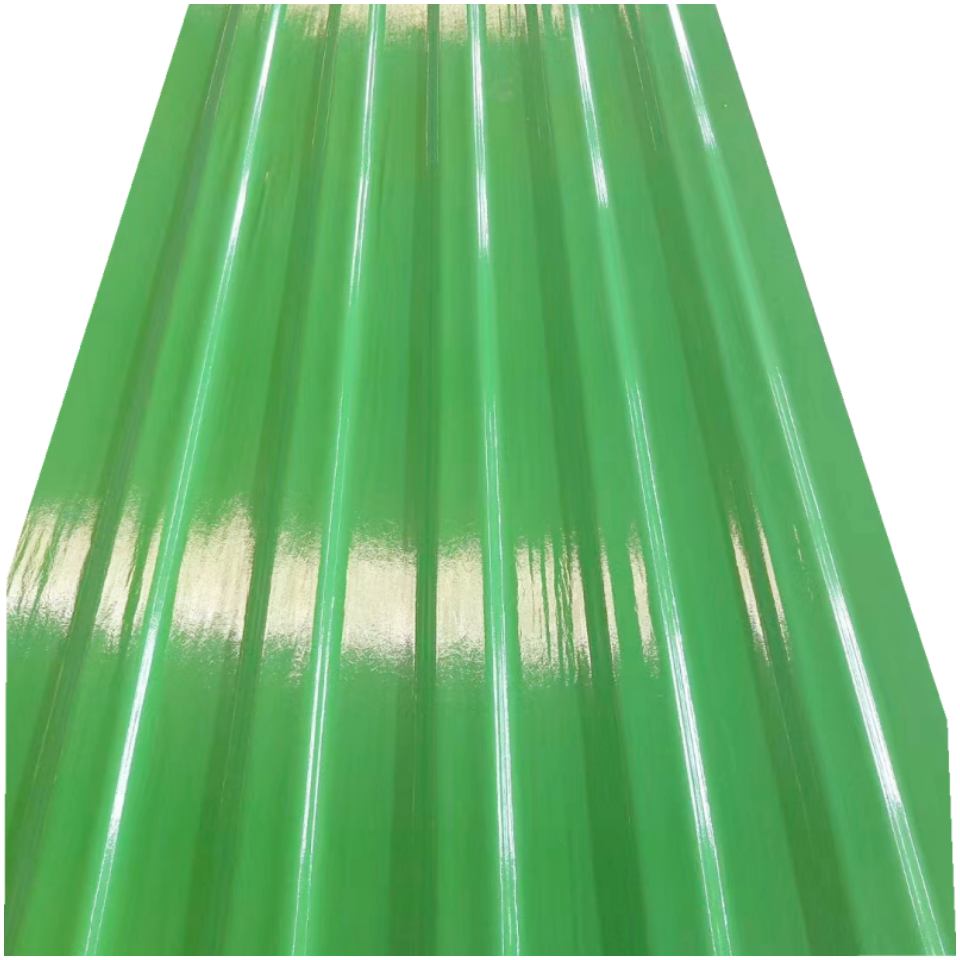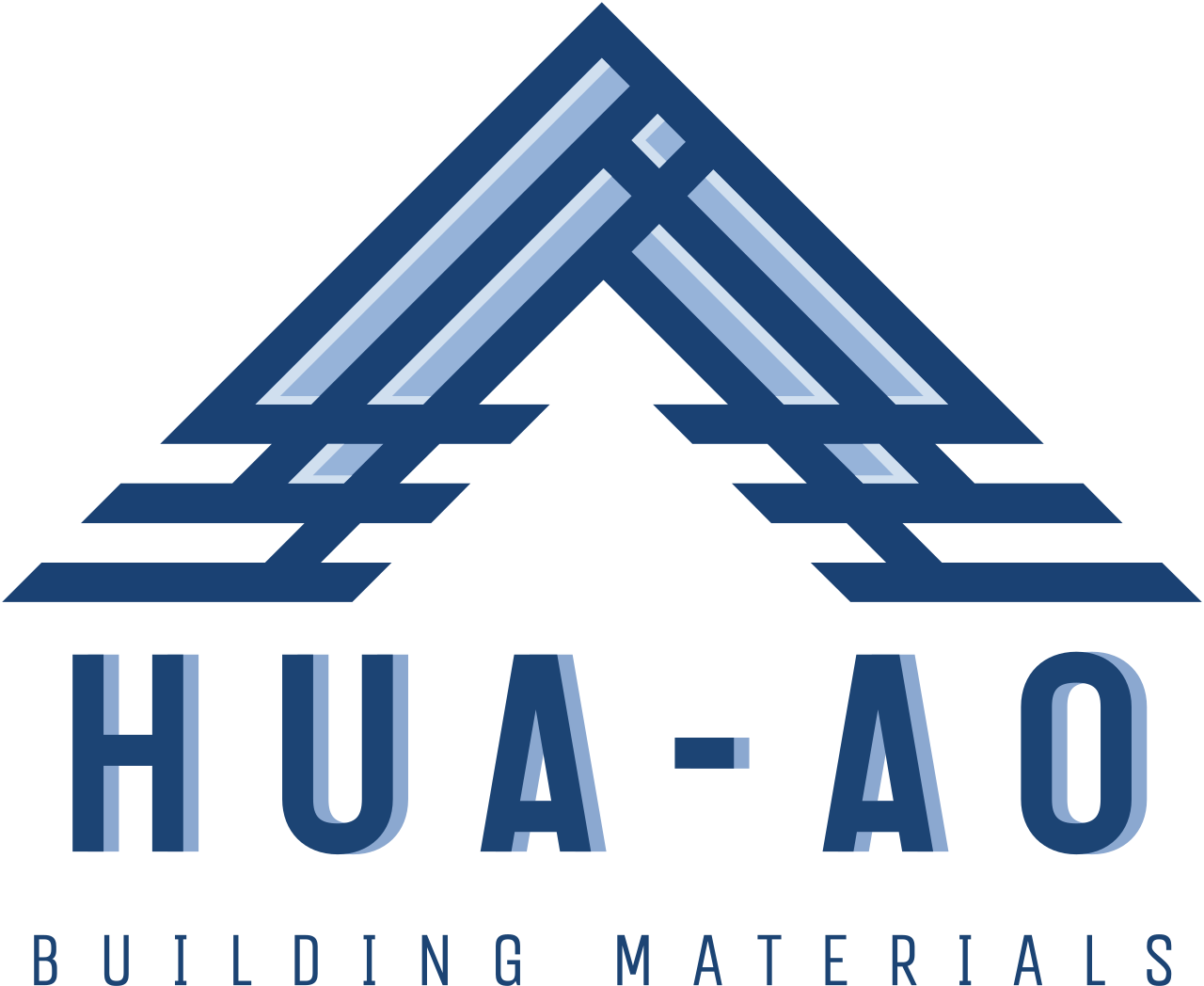
FRP anti-corrosion tiles stand out as high-performance building materials renowned for their robust resistance to corrosion, acids, and alkalis. Widely utilized in the construction industry, these fiberglass tiles find applications in industrial, commercial, and residential settings, including roofs, exterior walls, and interior decor. This article delves into the characteristics, applications, as well as the advantages and disadvantages of fiberglass anti-corrosion tiles to provide readers with a comprehensive understanding of this exceptional building material.
Features of Thick Fiberglass Anti-Corrosion Tiles:
High Strength: Fiberglass anti-corrosion tiles boast significantly higher strength compared to traditional building materials. This resilience enables them to withstand the rigors of harsh natural elements like strong winds and heavy rainfall, minimizing damage.
Excellent Anti-Corrosion Properties: FRP anti-corrosion tiles inherently possess robust anti-corrosion properties, shielding them from degradation caused by chemical exposure, including acids and alkalis. This longevity ensures an extended service life for the material.
Fire Resistance: FRP anti-corrosion tiles exhibit commendable fire resistance, serving as a non-combustible building material. This attribute aids in reducing fire-related damage to structures, enhancing overall safety.
Vibrant Colors: Beyond practical performance, FRP anti-corrosion tiles offer versatility in aesthetics. Available in a spectrum of colors, these tiles allow for customization to suit diverse architectural preferences, enhancing the visual appeal of buildings.
Application Scenarios of Fiberglass Anti-Corrosion Tiles:
Industrial Buildings: Widely employed in industrial settings, fiberglass anti-corrosion tiles find application in the roofing and cladding of factories, warehouses, and workshops. Their corrosion-resistant properties effectively safeguard against chemical pollutants, ensuring the integrity of industrial structures.
Commercial Construction: Within commercial construction, these tiles adorn the roofs and facades of shopping centers, supermarkets, and hotels, among others. Not only do they enhance the aesthetic appeal of commercial establishments, but they also contribute to their overall allure.
Residential Buildings: In the realm of residential construction, fiberglass anti-corrosion tiles grace the rooftops and walls of upscale residences such as villas and bungalows. Serving as effective barriers against water, moisture, and mildew, they help maintain a conducive living environment.
Advantages of FRP Anti-Corrosion Tiles:
Superior Durability: With excellent water resistance and anti-corrosion properties, these tiles boast exceptional durability, ensuring longevity for building materials.
Fire Prevention: Their ability to effectively resist fire aids in mitigating fire-related damage to buildings, enhancing overall safety measures.
Aesthetic Appeal: Available in a plethora of colors, FRP anti-corrosion tiles elevate the visual aesthetics of buildings, adding to their charm and appeal.
Ease of Installation: These tiles are known for their ease of installation, facilitating swift construction processes and reducing project timelines.
In summary, fiberglass anti-corrosion tiles emerge as highly practical building materials, offering robust resistance to corrosion, acids, and alkalis. Despite their minor shortcomings, their numerous advantages render them indispensable in various construction applications. With their durability, fire resistance, aesthetic appeal, and ease of installation, FRP anti-corrosion tiles continue to gain prominence as a preferred choice for architects, builders, and homeowners alike.












